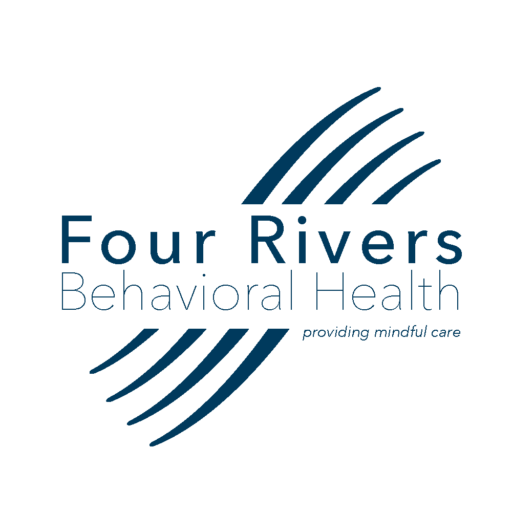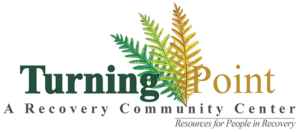Veteran’s Services
Especially for Veterans
Turning Point Recovery Community Center staff includes a dedicated contact for Veterans in recovery.
Our Veteran Peer Support Specialist has lived experience in both military services and recovery from a substance use disorder.
For Veterans we provide services that include direct peer support, coaching on relapse prevention and life skills, training on military cultural competency, coordination of mental health first aid and “warm handoffs” to local resources based on the needs of the Veteran and their family.
Peer Support Services
Four Rivers Behavioral Health offers programs and treatments to address the needs of our clients lead by our experienced staff and Peer Support Specialists.
Peer Supporters are people who used their lived experience of recovery from mental health concerns or substance use disorders to support others working through their journey.
Combined with skills learned in formal training, their experience and knowledge put them in a unique position to offer support, share their knowledge and relate in a way that have made this evidence-based practice a rapidly growing part of treatment.
Substance Use Disorders
Substance Use Disorders are not a unique problem for veterans. However, veterans struggling with substance use have special needs when it comes to treatment.
Four Rivers Behavioral Health offers peer-driven support services for veterans in both residential and outpatient settings.
Center For Specialized Addiction Services
The Center for Specialized Addiction Service is outpatient based and includes individual and group therapy, an intensive outpatient treatment program, drug court and more.
CenterPoint Recovery Center
CenterPoint is Four Rivers Behavioral Health’s 120-bed, long-term substance use disorder treatment center. The program is built around a 12-step model and the nationally recognized Recovery Dynamics curriculum.
William H. Fuller Memorial Center
Fuller Memorial Center is a 28-day residential treatment program for men and women. The program’s treatment model is 12-step based and utilizes proven methods of treatment such as Motivational Interviewing and Cognitive Behavioral Therapy. Treatment also includes the recognition of “Stages of Change” in the recovery process. The Fuller Center works closely with therapists and clinicians to address co-occurring mental health disorders.


